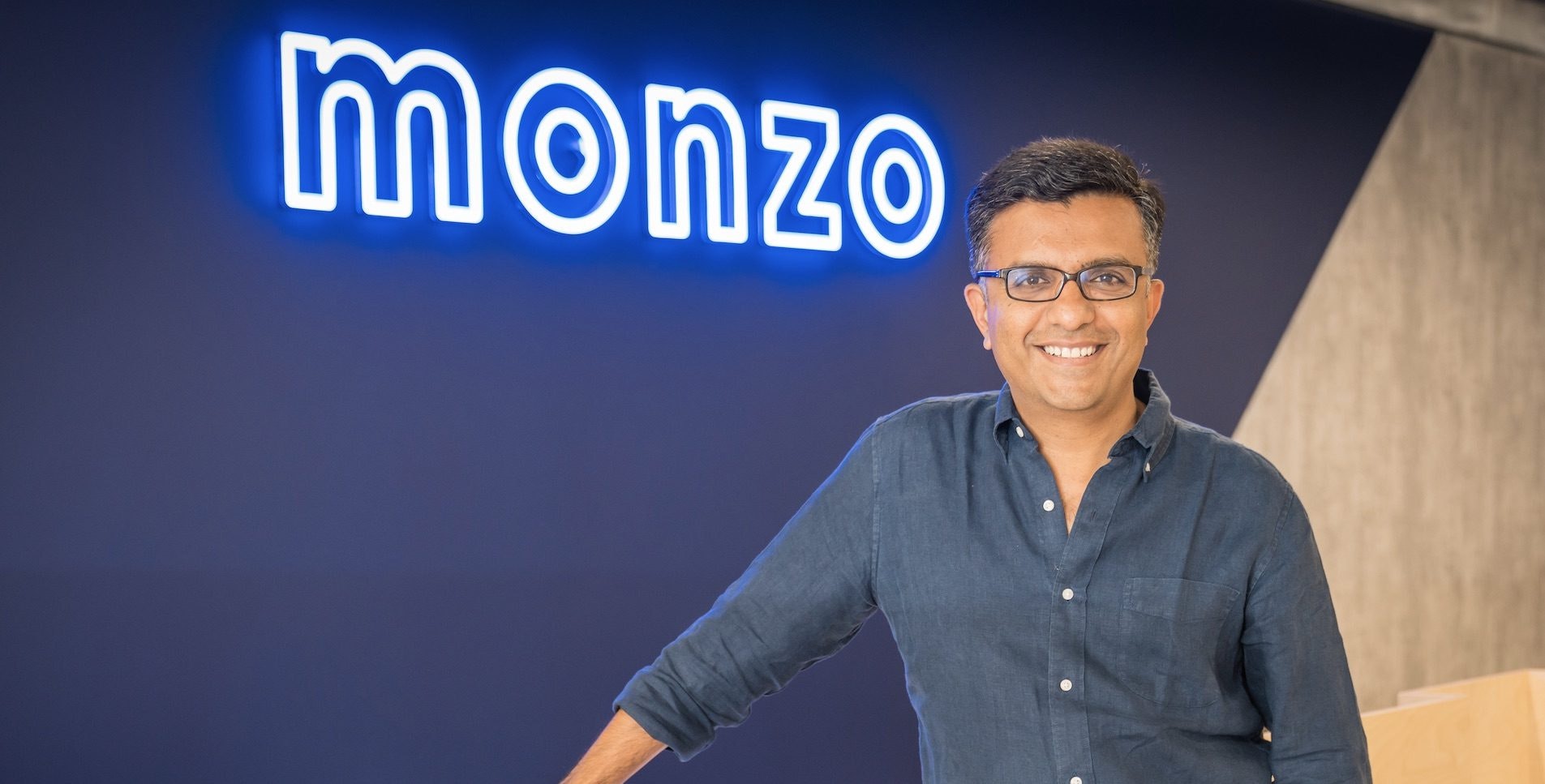With a black slim-fit suit, high heels and a glamorous bag, Brite Payments’ founder Lena Hackelöer has a different style to her former boss and Klarna cofounder Sebastian Siemietkowski, who can often be seen on-stage at tech events in lumberjack shirts and boots.
They have some things in common though — they are both sole leaders of their fintech companies, where they prioritise high-performance — and fast-paced — cultures.
In 2019, Dortmund-raised Hackelöer founded Brite Payment to create a pan-European account-to-account payment company. Today, the company has 145 employees, is available in 25 markets and, in contrast to most other startups of its age, reported a small profit in 2022.
“It wasn’t that we wanted a profit but the funding environment in 2022 was not great. I didn't want to end up in a situation where we were running out of money. So, we invested most of what we made in growth, but not more,” Hackelöer tells Sifted.
And, while Brite chose not to reinvest all of its revenues straight back into faster growth as a way to future-proof the company during tough economic times, the decision has made the company stand out from the crowd for VCs.
“That meant that in 2023, we became a really attractive target for investors. I'd love to say that was my genius strategy,” Hackelöer says with a laugh, “but it was really quite coincidental.”
In 2023 Brite raised $60m — the largest Series A round for a European fintech last year — showing the value of any company that can be self-sufficient in today’s market.
Born at Klarna
Hackelöer, who started at Klarna as a German market coordinator in 2010, got the idea for Brite when working on incorporating the Munich-based payments company Sofort that Klarna bought in 2017. The acquisition was a way for the Swedish company to penetrate deeper into the German market, which had been slow to adopt buy-now-pay-later (BNPL).
Sofort is an account-to-account payment service, which lets e-commerce customers pay merchants directly from their bank accounts, instead of using credit or debit cards — which can be slower and charge higher fees, according to Hackelöer.
The company had built a reputable brand in Germany as well as an extensive customer base, but Klarna wasn’t planning to expand Sofort’s account-to-account solution as its brand to the rest of its markets.
When she left Klarna, Hackelöer asked herself why no one had tried to build a Pan-European instant account-to-account payment player like Sofort’s.
Brite Payments was born.
Just another payment method
In markets such as Sweden, the Baltics and the Netherlands, account-to-account payments (also called pay-by-bank) have already become a mainstream payment method. This is partly due to the high adoption of online banking and an existing national identification scheme, which makes it easy to identify oneself.
Because of different factors, especially the open banking framework, this payment method is picking up across Europe, according to Hackelöer.
She says that account-to-account payments are starting to pick up across Europe, partly thanks to the new EU regulatory framework around open banking PSD2.
“It's becoming a Pan-European phenomenon. That fuels the pickup of big retailers that typically don't want one payment method for one market — but something they can have on multiple markets. So that is accelerating the space now,” she tells Sifted.
Scaling up
With $60m cash in the bank and 3,800 banks connected, Brite Payments is ready to scale.
“Up until now, our focus has been on scaling the business so we can attract more merchants and right now we have more product offerings than we have people selling them,” Hackelöer says. “Until Monday last week, I was the Chief Commercial Officer [as well as the CEO].”
But she argues that the timing is good for dialling up growth now, as many prospective clients have taken time to understand the product and are only now starting to buy en masse.
“It's really this year that we are moving into a situation where customers are saying, yes, we want to be doing pay-by-bank and account-to-account. So obviously, everything typically takes longer. And now things are really picking up,” Hackelöer says.
Brite Payments has its head office in Stockholm but, because of the talent competition of developers in the city, the company set up a tech hub in Malaga where it employs 30 people.
“Malaga is great in the sense that it has a technical university and there's a lot of other big companies that also employ technical talent there,” Hackelöer says.
“But it doesn't have the same dynamic yet that you have in Stockholm or Barcelona or Madrid, where there are a lot of people, but also a lot of movement. So we have a really loyal team there.”
Learnings from Klarna
Having spent most of her career at Klarna, and joining the company at an early stage, she is used to the high-pace environment at the fintech scaleup.
“What I think Klarna did incredibly well is that they kept the bar consistently really high,” Hackelöer says. “I didn't realise that so much when I was there but, especially when I look at other businesses after, Klarna was really demanding and it was a high performance culture, and they did that really well. That's definitely something I want you to bring with me.”
Part of doing that well is keeping the performance bar high, but not making the company so demanding that people get burnt out and leave, she adds: “When things are moving really fast, there's always more to do and that creates a certain amount of stress.”
During her time at Klarna, staff could be compensated with pizza for working until midnight, Hackelöer remembers, but she cannot bring that kind of incentive over to Brite.
“Like at Klarna, that could be a thing – let's order some pizza and sort this out. But at Brite, everyone has family and kids, people need to pick up [from daycare]. So, you have to do things differently,” she says.
“I want people to feel that they really like this company, their colleagues and that they want to come into work. And that's always the balance that we're looking to strike.”
Correction: This article previously stated that Brite's Series A round was the biggest round in fintech last year. It was not. It was the largest Series A for a European fintech last year.


